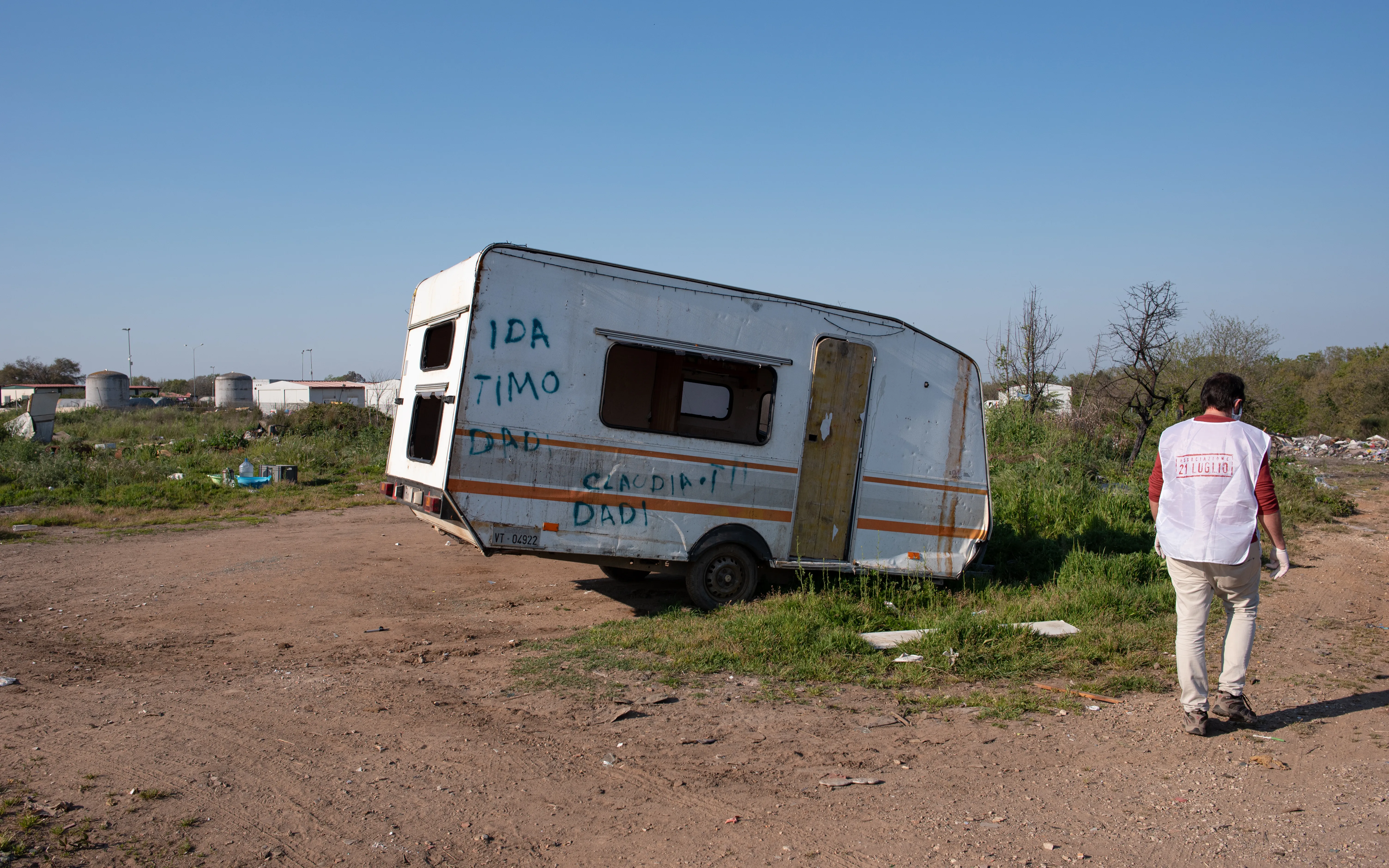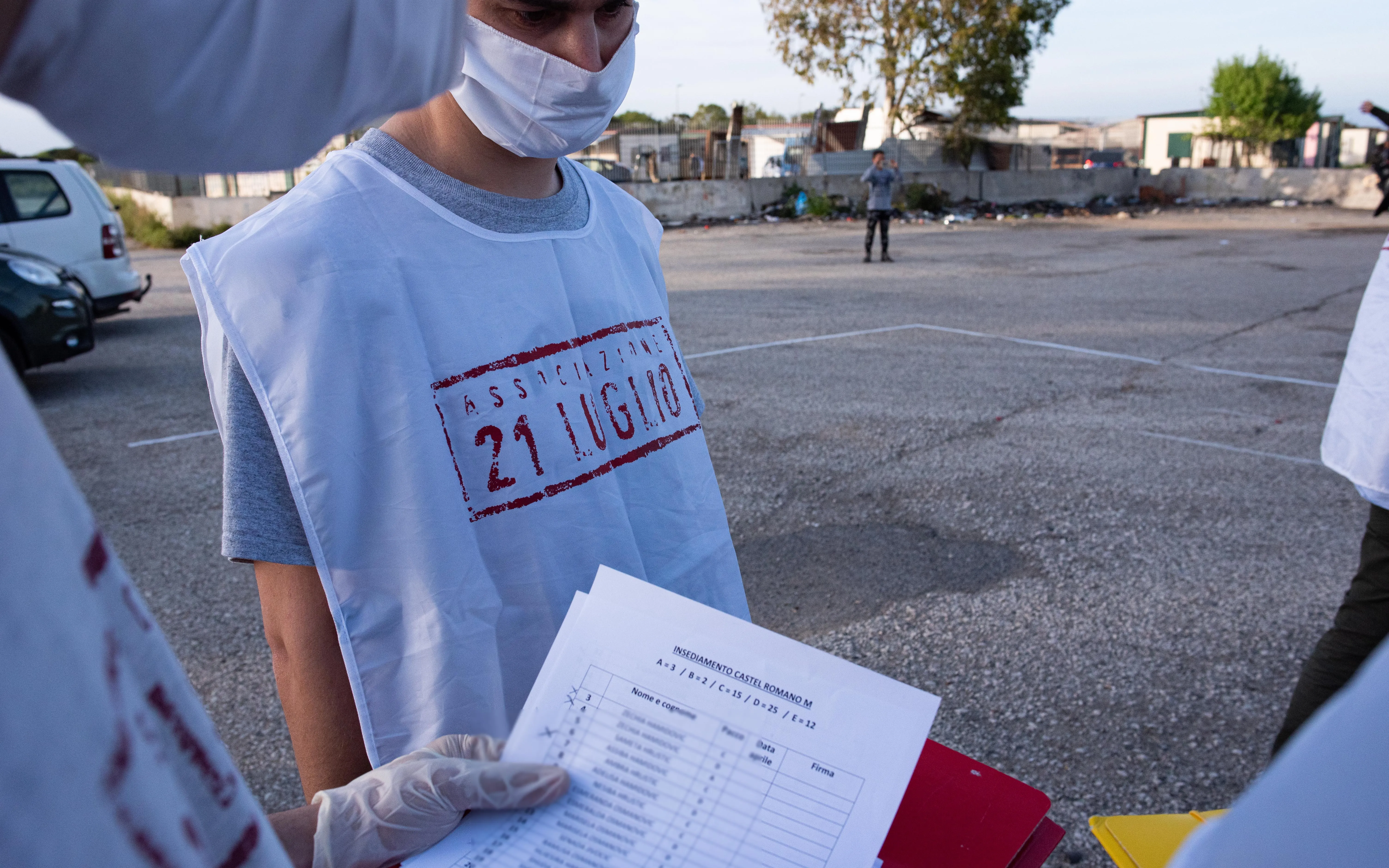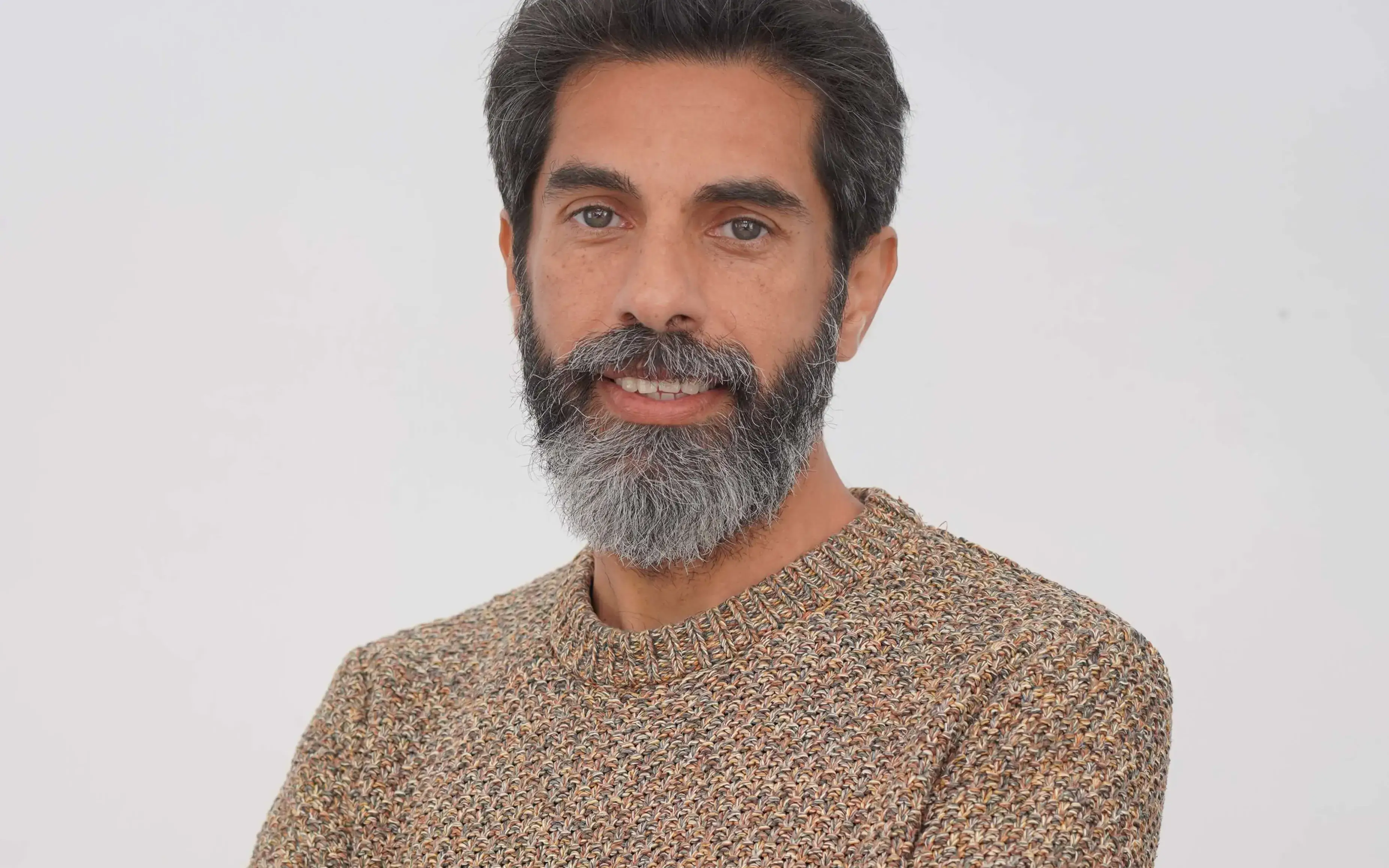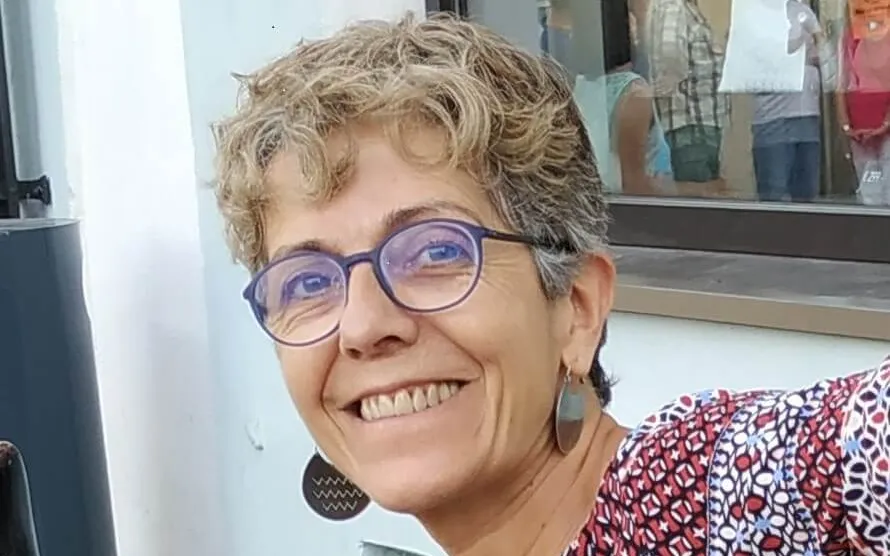The president of the Associazone 21 luglio talks about the situation of the Roma community in Italy, the conditions of segregation and marginalization in which they live, as well as the abandonment they have suffered during the pandemic.
The Associazione 21 luglio is an independent Italian organization founded in 2010 to support individuals and groups who, in the suburbs of Italian cities, live in conditions of extreme marginalization and segregation. The main task of the association focuses mainly on Roma communities living in a housing emergency. We spoke with its president, Carlo Stasolla, to talk about the situation of the Roma people in Italy, as well as the work of the entity to improve the situation of the group.
Tell us about the Associazione 21 luglio.
The association is made up of Roma and non Roma people, and currently has eighteen employees and about 40 volunteers. In order to guarantee full independence and freedom of speech in the field of human rights, the Associazione 21 luglio, by statute, has taken the decision not to receive public funding.
What are your main goals and projects?
We aim to eliminate the causes that determine the segregation of Roma communities in housing emergencies through a human rights-based approach and a systemic vision. It does so by maintaining a privileged eye in childhood, and through monitoring and research work, empowerment within communities, and reporting.
In recent years, the Associazione has grown as an institution that provides training and support to those local administrations that seek to implement inclusion tasks. Annually, in the Senate of the Italian Republic, the Associazione 21 luglio presents the annual report that makes a general vision and an analysis of the state of the Roma communities in Italy, as well as the policies that are addressed to them.
So what is the state of the Roma people in Italy?
The peculiarity of the situation of the Roma people in Italy is that of being the Country of the Fields - taking up the expression 'Campland' coined in 2000 by the European Center for the Rights of Roma People. Italy is the only European country in which, since the 1990s, unconventional solutions have been given to Roma communities in cases of residential emergencies within ethnic reserves, unduly called nomadic camps, in which they took refuge in first place to Roma citizens fleeing the former Yugoslavia.
Currently, in sixty-two Italian municipalities there are about one hundred and twenty formal settlements, designed, built and managed by the municipal administration, in which live more than 12,000 Roma citizens, half of whom are minors. Another 10,000 Roma people, of Romanian and Bulgarian citizenship, live in informal settlements, which are periodically subjected to forced evictions.
In Catalonia, the Roma community still suffers from racism, xenophobia, segregation and discrimination. Does this also happen in Italy?
Racism towards Roma people has a lot to do with an attitude of aporophobia. Roma communities are hated in the first place as inhabitants of the camps, places of segregation and expulsion, but above all places where stigma is born and reinforced. This is why Roma people who do not live in nomadic camps tend to mingle and hide their identity. This means that in Italy Roma people are seen exclusively as the inhabitant of the nomadic countryside and therefore a deviant subject, far from any possibility of social inclusion.
What is the way to change this situation? Are we near or far to avoid this kind of racism?
In Italy, the nomadic camp is not just a physical space, but above all a mental space where diversity is built, it's an ideology. For this reason, as the Associazione 21 luglio, we believe that the best way to combat anti-romaism is to combat the logic of nomadic camps. This requires systemic work involving public administrations, journalists, the majority community and the Roma community in a complex and articulate process that has borne fruit in recent years.
Like which ones?
In the last three years there are several municipalities that, thanks also to our support, have taken virtuous paths to overcome the nomadic camps. In our opinion, this is the turning point to be expected.
Did the discrimination escalate with the Covid-19 pandemic? Do Roma communities receive the right care?
The Covid-19 pandemic has had a double consequence. On the one hand, the state of abandonment of the Roma communities present in the camps has been exasperating. On the other hand, paradoxically, the state of isolation and poverty in which the middle class has been established is creating mechanisms of empathy and understanding with those who, like the Roma communities, have lived, always and structurally, this condition.
Precisely, taking advantage of this new empathy, as an association we work to create new conditions to generate spaces of reception and solidarity. It’s hard to say, but it seems that the Covid-19 pandemic is generating, also on this front, unprecedented forms of opportunity that are essential to seize. In this respect, as Associazione 21 luglio, we try to be at the forefront.









Add new comment